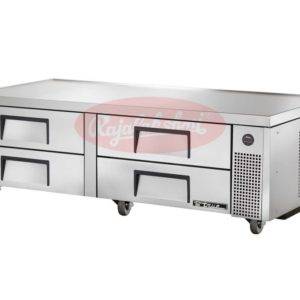
This comprehensive guide explores the world of refrigeration, from the fundamental principles to the latest technological advancements. Whether you're a homeowner looking to maintain your refrigerator, a student studying thermodynamics, or a professional engineer designing cooling systems, this resource provides valuable insights and information.
Refrigeration is the process of removing heat from a space or substance to lower its temperature. This seemingly simple concept relies on complex thermodynamic principles, primarily leveraging the properties of refrigerants. This section covers:
Refrigeration technology is crucial across various sectors. This section delves into diverse applications:
For those seeking a deeper understanding, this section covers:
This guide is ideal for:
This comprehensive resource offers a wealth of information on all aspects of refrigeration, ensuring you have the knowledge and understanding needed to navigate this critical technology.